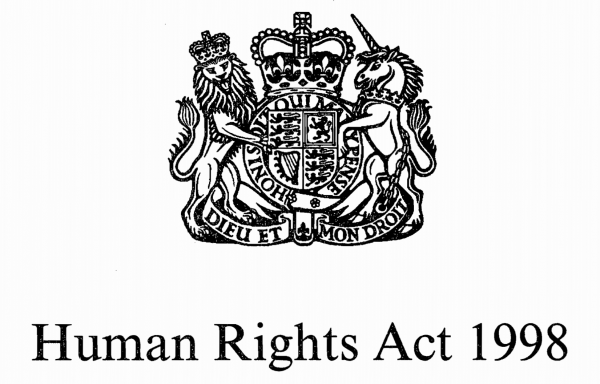
The Human Rights Act came into force in 1998 some 23 years ago and makes provision for certain basic rights such as freedom from ill treatment, right to life and right to a fair trial. These rights derive from the European Convention on Human Rights to which the UK is a signatory.
The Government is intent on proceedings with its well publicised plans to reform the Human Rights Act and replace it with a Bill of Rights. Dominic Raab has said that “Our proposals will strengthen our proud liberal tradition, whilst bringing some much-needed common sense back to our human rights systemâ€.
In December 2020 an Independent Human Rights Act Review was set up with Terms of Reference to consider:
a) The domestic courts relationship with the European Court of Human Rights; and
b) How the Human Rights Act has impacted upon the relationships between the executive, the legislature and the judiciary The Report was submitted to the Government in October 2021 and has now been published.
The full Report can be accessed at : The Independent Human Rights Act Review 2021 (publishing.service.gov.uk)
The Government’s response to the Independent Human Rights Act Review Report was for the Ministry of Justice to begin the consultation process on 14 December 2021 seeking the public’s view on their proposals for reform. The consultation closes on 8 March 2022. The consultation document can be accessed online at: https://consult.justice.gov.uk/human-rights/human-rights-act-reform
The Government’s proposals, which go further than the recommendations of the Independent Human Rights Act Review’s proposals, are causing much controversy.
Dominic Raab the Justice Secretary has said that the Government’s proposals for reform prevent abuses to the current system and improve existing rights “like freedom of speech and trial by juryâ€.
Baroness Kishwer Falkner, Chair of the Equality and Human Rights Commission, said: “We will analyse these proposals carefully. We will welcome any changes which would strengthen protections and oppose any that might reduce or weaken themâ€
60 UK civil organisations have signed a statement in response to both the Review Report and the Government Consultation saying that:
“The Human Rights Act is a sensible and transparent balance between the roles of the government, of Parliament, of public bodies, of the courts and for all of us who use human rights every day to ensure we are treated with dignity and respect. It’s the bedrock of a fair and free society, but it is delicately balanced. Even tiny changes to this framework undermine the basis of our rights and freedoms, placing them at the mercy of fate not fairnessâ€.
The Humanist UK Chief Executive Andrew Copson referring to the Government’s proposal to reform Section 3 of the Human Rights Act commented:
‘We are extremely concerned by proposals to remove this aspect of the Human Rights Act. Much UK law that today should apply to non-religious citizens as much as to religious ones is wording in an archaic way. Without the existing power of interpretation, freedom of belief for the non-religious will be severely undermined to the detriment of millions of people in the UK.’
Labour's shadow justice secretary Steve Reed described the Government’s proposals as being “all mouth and no trousers", saying "they do nothing to deal with the severe failings in the criminal justice system".
President, I. Stephanie Boyce of the Law Society, said: "The powers government purports to introduce for the most part already exist. British judges deliver British justice based on British laws. UK courts do not, as government suggests, blindly follow case law from the European Court of Human Rights."
One thing is certain. This is an important consultation and it is important that all sides of the debate respond to the consultation as it will shape the future of Human Rights in the UK for many years to come.
